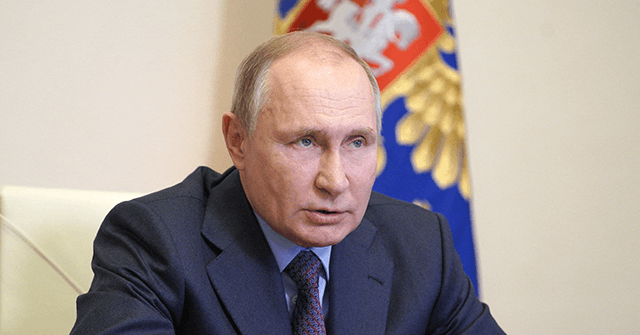Why do central bank sanctions hurt and how bad is it going to get?
The Fed and the European Central Bank move hard, fast, and together.

www.theatlantic.com
What does it mean that Russia “has” X or Y in foreign reserves? Where do these reserves exist? The dollars, euros, and pounds owned by the Russian central bank—Russia may
own them, but Russia does not
control them. Almost all those hundreds of billions of Russian-owned assets are controlled by foreign central banks. Russia’s reserves exist as notations in the records of central banks in the West, especially the European Central Bank and the Federal Reserve. Most of Russia’s reserves are literally IOUs to the Russian central bank from Western governments.
Remember the saying “If you owe the bank $10,000, you have a problem—but if you owe the bank $10 billion, the bank has a problem”? We, the people of the Western world, collectively owe the Russian state
hundreds of billions of dollars. That’s not our problem. That’s Russia’s problem, an enormous one. Because one thing any debtor can do is … not pay when asked.
To finance its war on Ukraine, Russia might have hoped to draw down its foreign-currency reserves with Western central banks. The Russian central bank would tell the Fed or the ECB to credit X billion dollars or euros from the Russian central bank to this or that private Russian bank. That bank would then credit the accounts of Russian businesses or individuals. Those businesses or individuals would then pay Western companies to whom they owe money.
All of this requires the cooperation of the Fed or ECB in the first place. The Fed or ECB could say: “Nope. Sorry. The Russian central bank’s money is frozen. No transfers of dollars or euros from the Russian central bank to commercial banks. No transfers from commercial banks to businesses or individuals. For all practical purposes, you’re broke.” It would be a startling action, but not unprecedented. The United States did it to Iran after the revolutionary regime
seized U.S. diplomats as hostages in 1979.
JP Morgan estimates that Russia's economy is going to get a 35% haircut in next 3 months. For perspective, that's what happened over 3 years during the Great Depression.
JP Morgan's Russia economist sees an economic contraction comparable to the 1998 ruble crisis, the 2008 financial crisis, and 2020's coronavirus crisis. | Economy

www.breitbart.com
Conclusion: The EU and the US basically just lobbed an economic atom bomb into the Russian economy. If the economy was like a functioning car 2 weeks ago, now the EU and the US have drained 3/4s of the fuel, stripped 2 of the wheels of their tires and sprayed paint all over the windshield. It'll still run, but barely.








